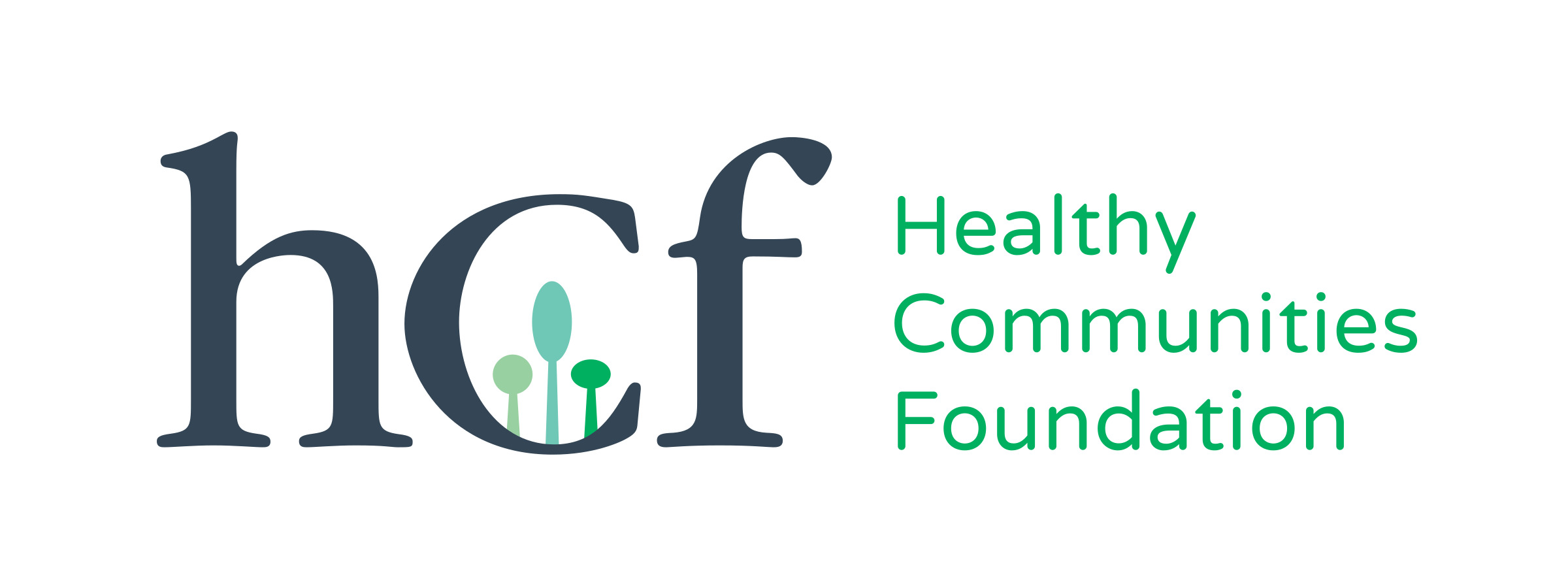While we are saddened and grieve with the families and loved ones of the eight people who lost their lives last week—Daoyou Feng, Delaina Ashley Yaun, Hyun Jung Grant, Paul Andre Michels, Sun Cha Kim, Soon Chung Park, Xiaojie Tan, Yong Ae Yue—we are also outraged and exhausted.
HCF Statement About Anti-Asian Killings in Georgia

- Posted at
- in News
- by Jackie Rodriguez
- . No Comments
On March 16th, the senseless killings of eight people, including six Asian American women, in Georgia hit home for us. We recognize that this display of racism and hate is not new or an isolated incident; it is another unfortunate example of the significant uptick in anti-Asian violence reported by Stop AAPI Hate and a manifestation of a deeply rooted, centuries-old systemic issue that continues to affect Asian Americans on a daily basis.
Enough is enough.
We stand in solidarity with the Asian American Pacific Islander community locally and nationally, today and every day. We continue to condemn white supremacy and white violence that has afflicted the Asian American Pacific Islander community, and all communities of color, for far too long.
We know many violent incidents are not reported given widespread fear –or worse– the frustration and defeat that nothing will change. Anti-miscegenation laws and immigration policy dating back to the 1880s have memorialized anti-Asian racism and rhetoric. AAPI people deeply carry the legacies of violence and imperialism in the United States as well as in their countries of origin.
Given that the Asian community is one of the fastest–growing communities in the Healthy Communities Foundation region and Illinois, we understand that our communities’ struggles are intertwined and that the racism and oppression experienced by anyone impact the well-being and health of all. But, the lack of safety that people feel and experience in our systems and institutions is real.
At Healthy Communities Foundation, our work is and will always be rooted in the pursuit of health equity for residents in our region. The dual pandemics of COVID-19 and racism this past year have affected the sense of safety and the physical/mental health and well-being of our region’s communities. It has also exacerbated the pain caused by the loss of loved ones, stable jobs, housing, and more. Despite the promise that COVID-19 vaccinations bring, albeit still with immense challenges, the deep wound that the pandemic and recent events have left in our collective body cannot heal overnight.
So what can we, as a philanthropic sector, do?
This moment is yet another opportunity for us to move beyond reflection and solidarity statements to shift towards real action and change. We cannot ignore this moment because the actions and solutions seem too complicated or out-of-reach.
This is a women’s issue. This is an immigrant issue. This is an invisibility issue. This is our issue and one whose solutions should not be placed solely on the shoulders of those most impacted by it.
As philanthropic organizations, we must step up and use our power and influence in ways that break this cycle.
How can we use our power, influence, and investments towards the healing—personal and organizational—necessary to address the hurt caused by recent events?
How can we support and honor the daily work of community-based organizations that combat hate, build solidarity, and engage in restorative and healing justice work for Asian, Black, Latinx, and other communities of color?
How can we invest in community responses that center the lived experience and voices of those most impacted by these issues, particularly AAPI women and elders?
We have an opportunity to powerfully transform our world, stop Asian hate, eradicate systemic racism, and seek justice and healing.
We invite our philanthropic partners to join us in action-oriented conversation and engage with resources that Chicago area philanthropic affinity groups have gathered:
- Shifting Philanthropy: AAPIP National and Native Americans in Philanthropy have co-authored this letter to the editor in Chronicle of Philanthropy that is pushing the philanthropic sector to act now.
- Address the Erasure of AAPI Voices: The Center of Philanthropy published this piece last month as a call for philanthropy to expand its understanding of and investment in communities that are often missing from our current crises. Approximately one-quarter of all AAPIs are frontline workers, and according to the National Asian Pacific American Women’s Forum (NAPAWF), there is a significant wage gap within the AAPI community, with some ethnic subgroups earning as low as 52 cents on the dollar compared with white, non-Hispanic men. We must recognize how economic justice and health equity are intertwined.
- Bystander Intervention: AAPIP Chicago is planning for a Bystander Intervention training next month in partnership with Asian Americans Advancing Justice. In the meantime, you can sign up to attend and/or share the training opportunity with your colleagues, friends, and family.
- Elevating Asian American History: One of the most effective ways to combat anti-Asian hate is to educate ourselves and our young people about Asian American achievements and contributions throughout our country’s history, beyond every month of May. Learn more about current efforts underway to incorporate Asian American history into school curricula in Illinois and about the important work of each of the supporting organizations.

